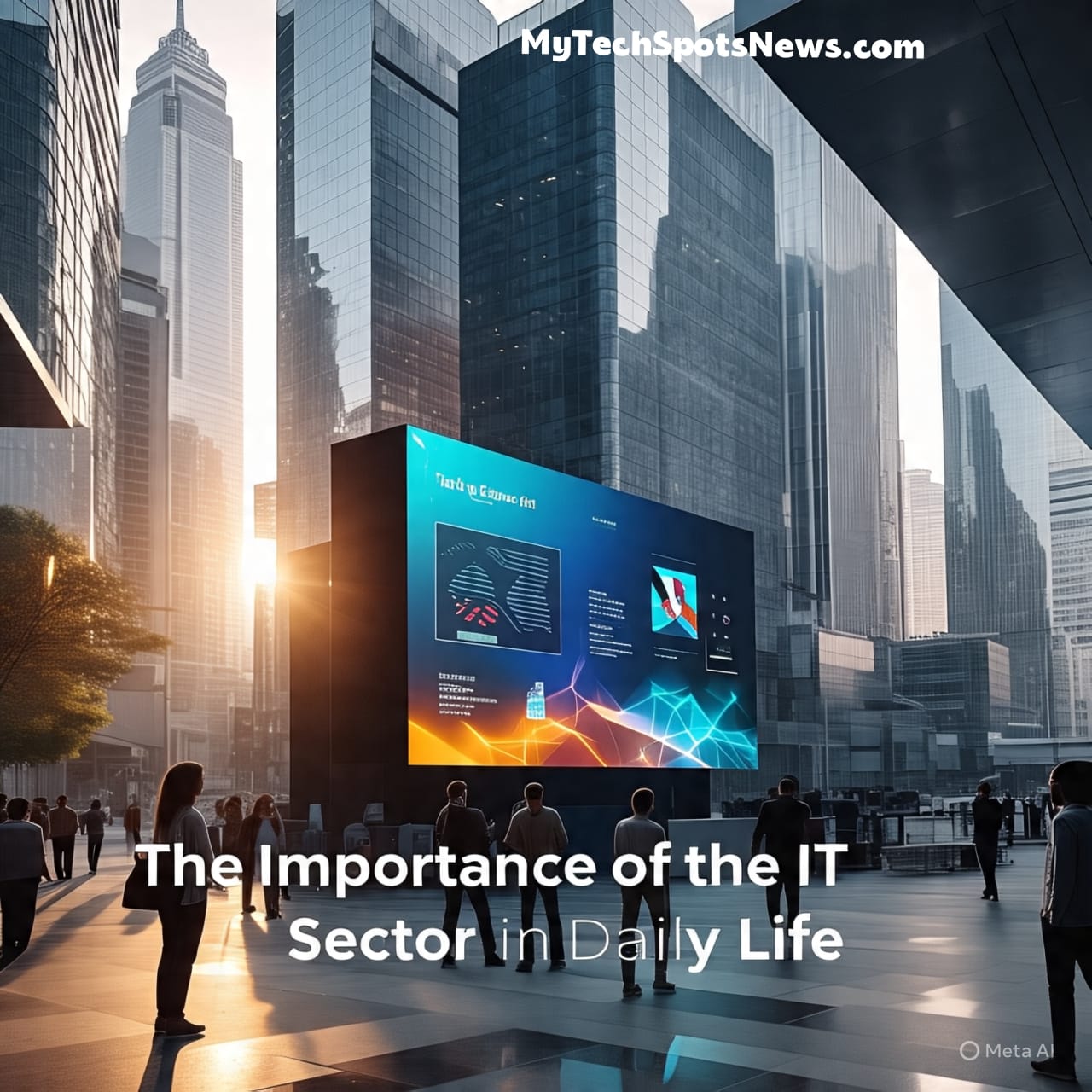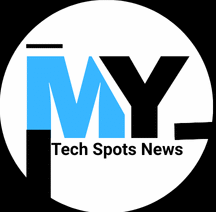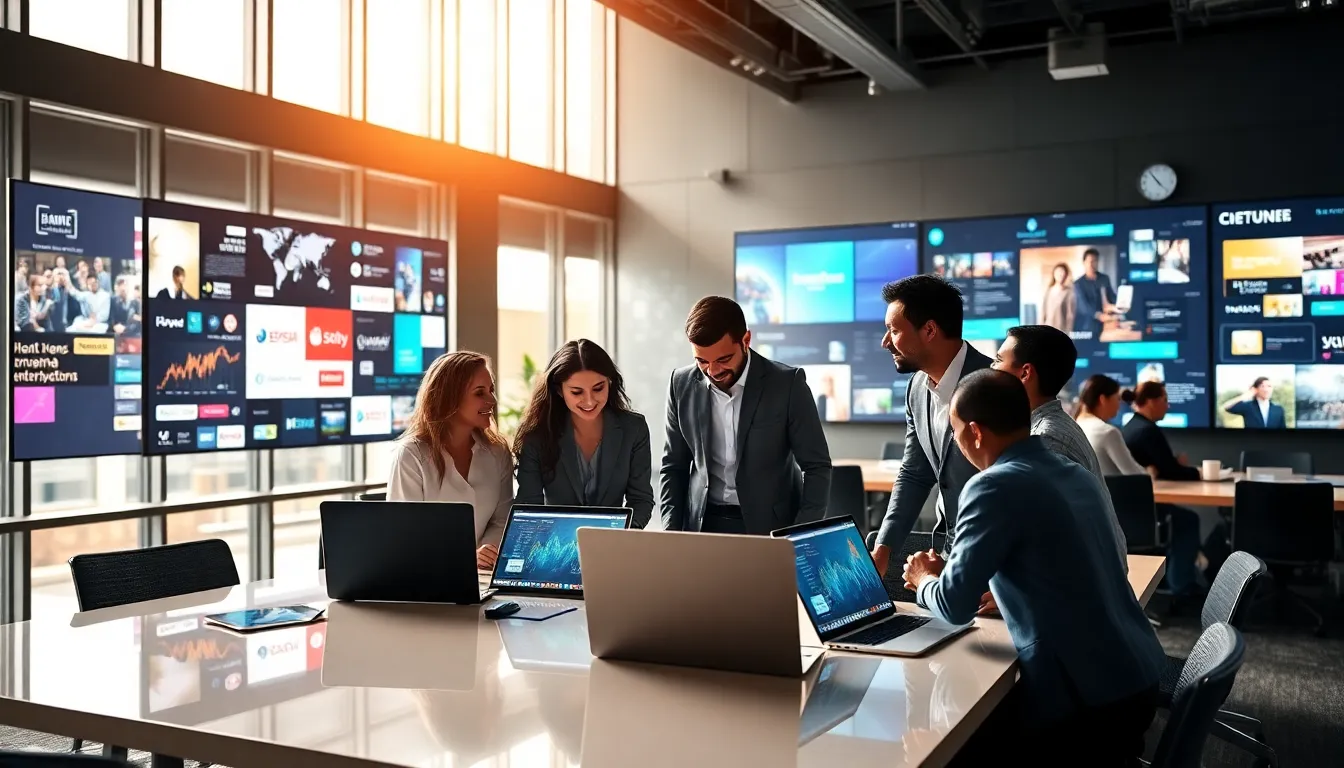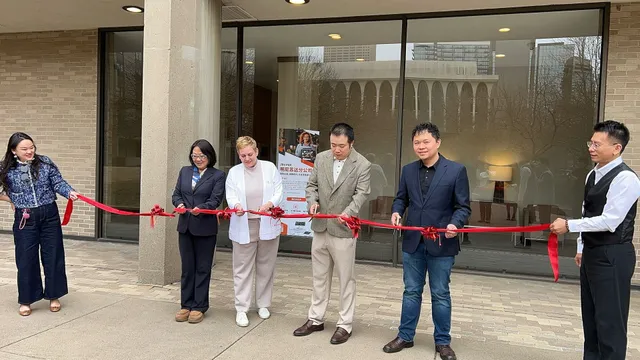
In the modern world, information technology (IT) has become an integral part of daily life. From communication and education to healthcare, business, and entertainment, the influence of IT is widespread and continually growing. The IT sector not only drives innovation and economic growth but also shapes how individuals live, work, and interact. Its significance in everyday activities cannot be overstated, making it one of the most essential industries in the 21st century.
Communication and Connectivity
One of the most apparent contributions of the IT sector is in the field of communication. Thanks to IT, the world has become a global village where people can connect instantly regardless of geographical barriers. Email, instant messaging apps, social media platforms, and video conferencing tools have revolutionized how people interact. Whether it’s chatting with family members across continents or attending virtual business meetings, IT has made seamless communication a reality.
The rise of smartphones and mobile applications, made possible through advances in IT, allows users to stay connected at all times. Social media platforms such as Facebook, Twitter, and Instagram rely heavily on IT infrastructure and software development. These tools not only enable communication but also foster community building and social awareness.
Education and E-Learning
Education has undergone a dramatic transformation due to the IT sector. Traditional learning methods have evolved into more dynamic and accessible formats through e-learning platforms. Students can now attend virtual classrooms, access online libraries, participate in interactive courses, and take assessments from the comfort of their homes.
Learning Management Systems (LMS), video conferencing tools like Zoom or Google Meet, and platforms like Coursera, Udemy, and Khan Academy have become essential parts of modern education. The IT sector has also enabled personalized learning experiences through AI-powered educational tools that adapt content based on a learner’s progress.
Moreover, IT allows educational institutions to maintain digital records, facilitate communication between students and teachers, and conduct research efficiently. This technological support improves the quality of education and broadens access, particularly in remote or underserved regions.
Healthcare and Medical Services
The IT sector plays a pivotal role in enhancing healthcare systems. Hospitals and clinics utilize IT for electronic health records (EHRs), appointment scheduling, diagnostic tools, and medical research. IT enables healthcare providers to store, retrieve, and analyze patient information quickly, ensuring better and more personalized care.
Telemedicine, made possible through IT infrastructure, allows doctors to consult with patients remotely, which became especially vital during the COVID-19 pandemic. Wearable health devices and mobile apps help individuals monitor their health parameters, such as heart rate, sleep patterns, and physical activity, promoting a healthier lifestyle.
Furthermore, IT supports the development of medical technologies and research in pharmaceuticals, disease tracking, and vaccine development. Data analytics and machine learning help identify health trends, predict disease outbreaks, and optimize healthcare delivery.
Business and Employment
In the business world, the IT sector is a game changer. It enables companies to operate more efficiently, reach wider audiences, and make data-driven decisions. IT systems support functions such as customer relationship management (CRM), supply chain operations, human resource management, and financial planning.
E-commerce platforms like Amazon, Alibaba, and eBay depend on IT to function. Online payment systems, digital marketing, and cybersecurity are all underpinned by IT technologies. These tools not only streamline operations but also enhance customer experience.
Moreover, IT has created a vast array of job opportunities across various domains, including software development, network administration, data analysis, and technical support. The gig economy and remote work—both facilitated by IT—offer flexibility and new employment models. Companies can now access global talent, and individuals can work from virtually anywhere, promoting work-life balance and inclusivity.
Entertainment and Media
Entertainment has been transformed by the IT sector. Streaming services like Netflix, YouTube, and Spotify deliver on-demand content to users worldwide. Video games, virtual reality (VR), and augmented reality (AR) experiences rely on high-end IT solutions to provide immersive entertainment.
Digital media and content creation have become accessible to the masses thanks to user-friendly software and social media platforms. People can now produce, edit, and share videos, music, and artwork without needing traditional production studios. IT has democratized creativity and enabled the rise of influencers and independent content creators.
Daily Convenience and Smart Living
The IT sector contributes significantly to the ease and convenience of daily life. From online shopping and banking to booking transportation and ordering food, almost every daily task can now be performed online. Mobile apps and web platforms simplify these activities and save time.
Smart home technologies, powered by the Internet of Things (IoT), allow people to control appliances, lighting, security systems, and even refrigerators through their smartphones. AI assistants like Alexa, Siri, and Google Assistant provide hands-free control over devices and services, making everyday tasks more manageable.
Navigation apps powered by GPS and IT infrastructure help users find directions, avoid traffic, and explore new areas with ease. Whether it’s finding the nearest restaurant or navigating a new city, IT tools enhance convenience and safety.
Government and Public Services
Governments across the world are increasingly relying on IT to improve public services. E-governance platforms allow citizens to access services like paying taxes, renewing licenses, and filing complaints online. This digitization reduces corruption, increases transparency, and improves service delivery.
During elections, IT systems are used to register voters, manage databases, and even facilitate electronic voting in some regions. It also supports law enforcement and emergency response through surveillance, data analysis, and communication systems.
Additionally, big data and analytics help governments make informed decisions on public policy, urban planning, and resource management. This ensures better governance and enhances the quality of life for citizens.
Security and Privacy
In today’s digital age, the importance of cybersecurity cannot be ignored. The IT sector plays a crucial role in protecting sensitive information and ensuring privacy. With increasing reliance on digital platforms, the risk of cyber threats such as hacking, phishing, and data breaches has also grown.
IT professionals develop and maintain secure systems that protect financial data, personal identities, and business secrets. Encryption, firewalls, and multi-factor authentication are some of the tools used to safeguard digital assets. Cybersecurity awareness and education, also driven by the IT sector, help users stay vigilant and safe online.
Environmental Monitoring and Sustainability
The IT sector contributes to environmental protection and sustainability through smart technologies. IT systems help monitor air and water quality, manage energy consumption, and track environmental changes. Smart grids and energy management systems optimize electricity usage, reducing waste and lowering carbon footprints.
Data analytics and modeling also help in disaster management and climate change research. IT enables scientists to simulate environmental scenarios, predict weather patterns, and develop strategies for mitigating natural disasters.
Conclusion
In conclusion, the IT sector is not just a field of employment or economic activity—it is a foundational element of modern life. Its applications permeate every aspect of our daily routines, making tasks easier, communication faster, and services more accessible. From education and healthcare to business and entertainment, the IT sector enhances quality of life, drives innovation, and fosters global connectivity.
As technology continues to evolve, the importance of the IT sector will only grow. Embracing IT responsibly and inclusively is crucial for ensuring that its benefits reach all sections of society. In a rapidly digitizing world, understanding and leveraging the power of IT is essential not only for individual success but also for collective progress.








